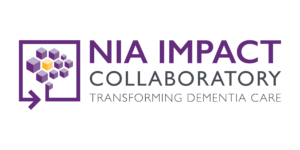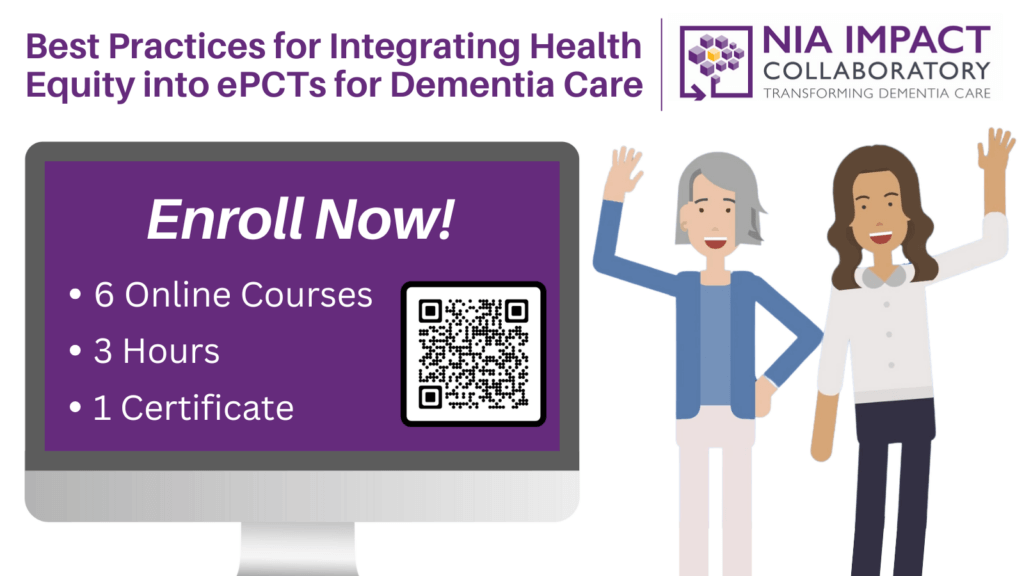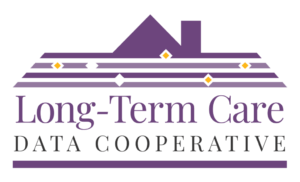 The NIA IMPACT Collaboratory, a program to advance pragmatic clinical trials of interventions for people living with dementia and their care partners, announced a new collection of statistical tools for researchers. The tools are available on a new Statistical Tools webpage that will be updated as new resources become available.
The NIA IMPACT Collaboratory, a program to advance pragmatic clinical trials of interventions for people living with dementia and their care partners, announced a new collection of statistical tools for researchers. The tools are available on a new Statistical Tools webpage that will be updated as new resources become available.
The program’s Design and Statistics Core developed the statistical tools and related resources to aid in the design and analyses of pragmatic trials embedded in healthcare systems. These methods, manuscripts, statistical programs, and interactive web applications are available to help researchers calculate sample sizes, intracluster correlations, and statistical power for stepped-wedge and other cluster randomized designs.
The tools and other resources include:
- Tool to calculate intracluster correlation coefficients for designing cluster randomized trials
- Tool to simulate intracluster correlation coefficients among Medicare beneficiaries with dementia for hospitalizations, emergency department visits, and deaths across US hospital referral areas
- Power analyses for stepped-wedge designs with multivariate continuous outcomes
- Power and sample size requirements for generalized estimating equation analyses of cluster randomized crossover trials
- Information content of stepped-wedge designs when treatment effect heterogeneity and/or implementation periods are present
More than 5 million Americans are living with Alzheimer disease and related dementias. They are particularly vulnerable to receiving uncoordinated and poor-quality care, which contributes to adverse health outcomes and misuse of resources. The mission of the IMPACT Collaboratory is to advance care for persons with dementia and their caregivers in real-world settings by building national capacity to conduct pragmatic clinical trials that test interventions embedded in healthcare systems.
Visit the IMPACT Collaboratory’s Statistical Tools web page.
The IMPACT Collaboratory is supported by a grant from the National Institute on Aging.




 On January 24-25, 2024, the IMPACT Collaboratory will hold its fourth annual virtual Training Workshop entitled
On January 24-25, 2024, the IMPACT Collaboratory will hold its fourth annual virtual Training Workshop entitled 
 The Long-Term Care (LTC) Data Cooperative this week announced a request for applications for the newly established
The Long-Term Care (LTC) Data Cooperative this week announced a request for applications for the newly established  In the March 16 session of IMPACT Grand Rounds, the NIA IMPACT Collaboratory will host Dr. Eleanor Murray, who will present on the topic of causal inference in pragmatic trials.
In the March 16 session of IMPACT Grand Rounds, the NIA IMPACT Collaboratory will host Dr. Eleanor Murray, who will present on the topic of causal inference in pragmatic trials.

 Rachel Richesson, cochair of the NIH Pragmatic Trials Collaboratory’s
Rachel Richesson, cochair of the NIH Pragmatic Trials Collaboratory’s  The deadline to submit letters of intent for the
The deadline to submit letters of intent for the